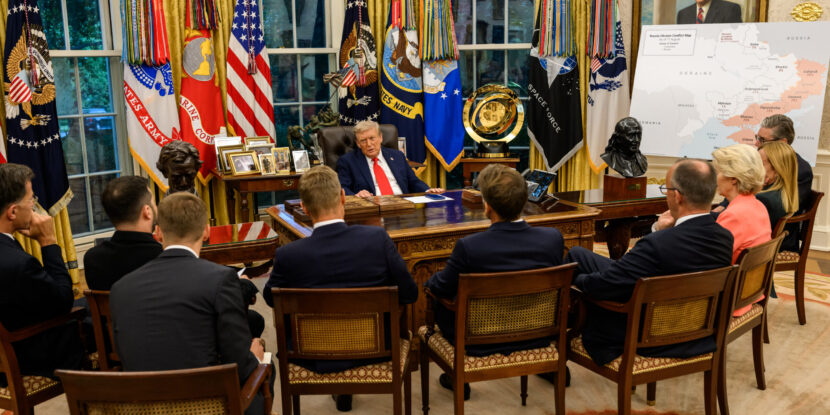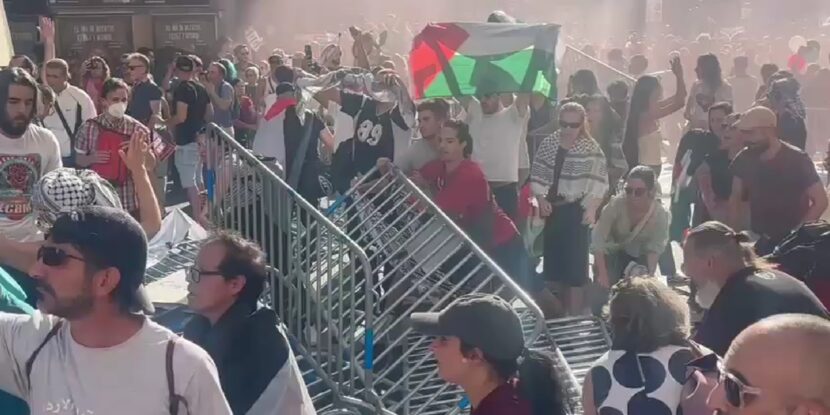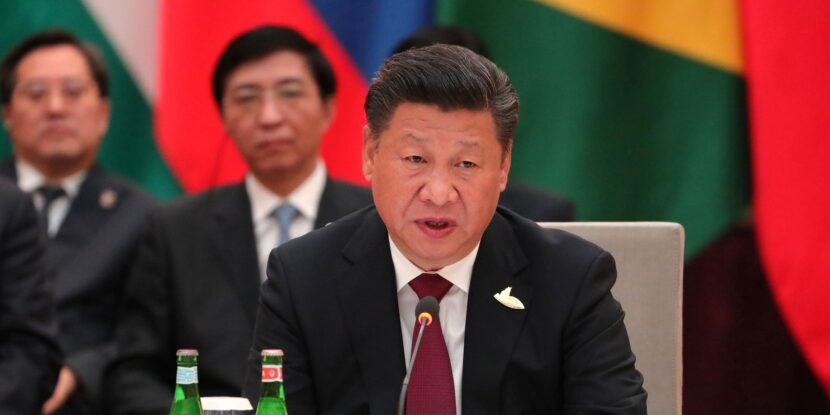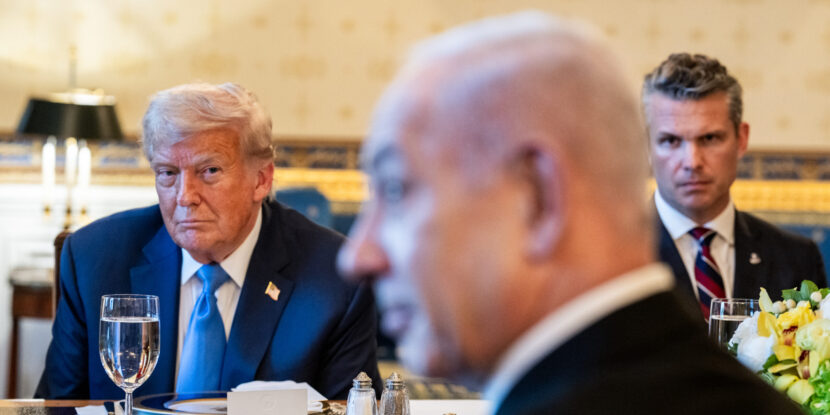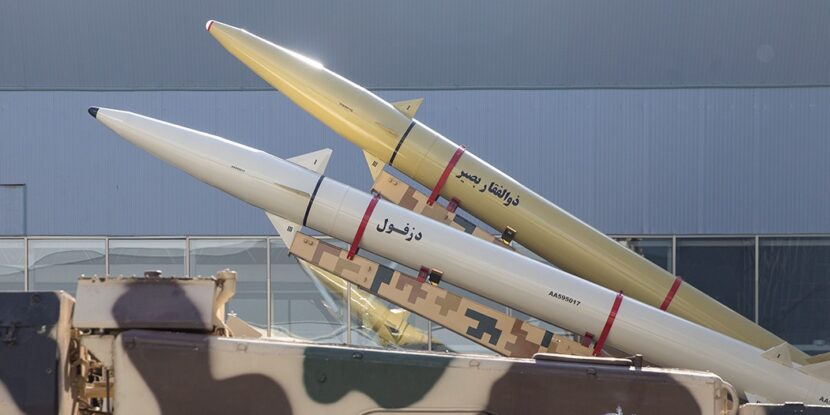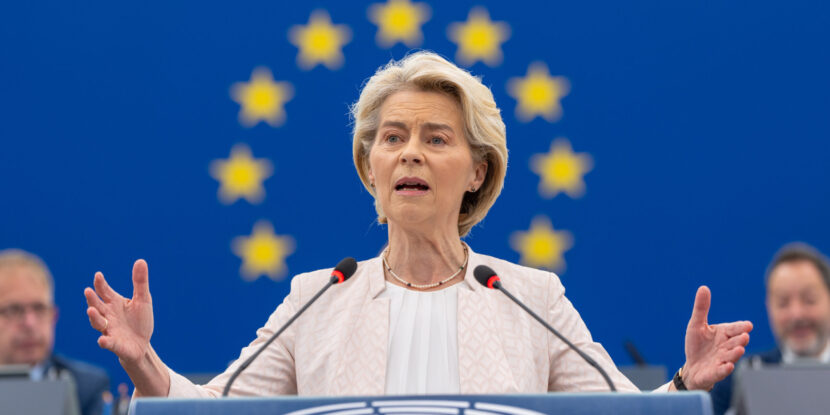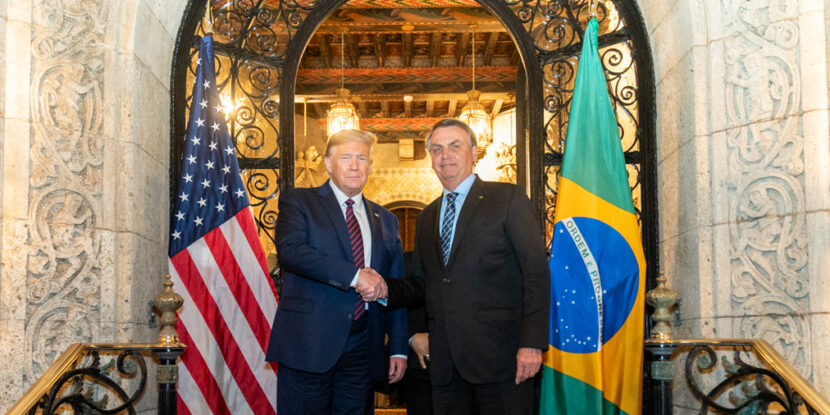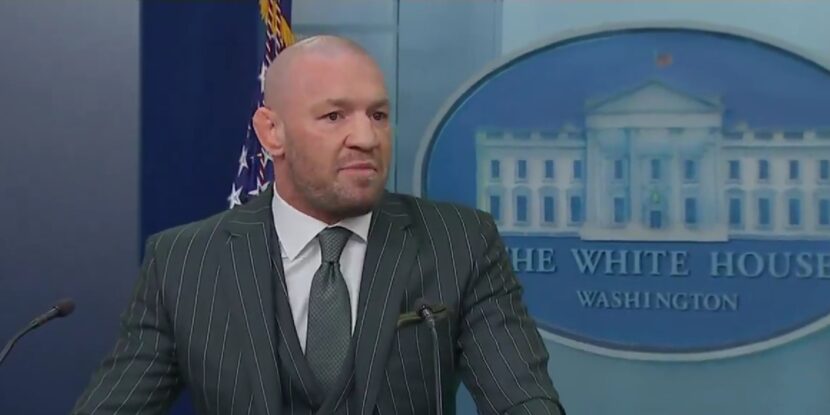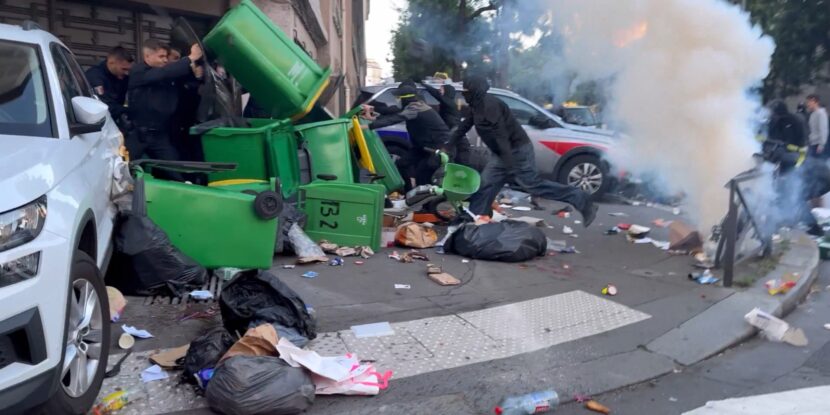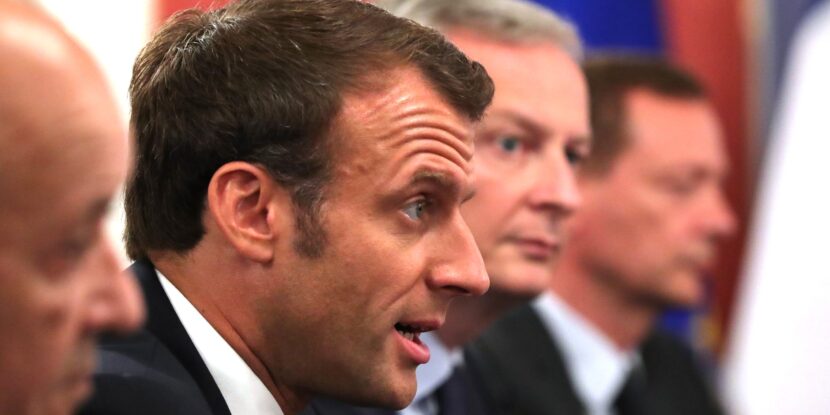❓WHAT HAPPENED: President Donald J. Trump urged NATO allies in Europe to halt their purchases of Russian oil, suggesting he would only move to implement tougher sanctions against Russia if they do so.
👤WHO WAS INVOLVED: President Trump, NATO allies, and European nations such as Hungary, France, Belgium, and Spain.
📍WHEN & WHERE: Comments made by Trump on Sunday evening.
💬KEY QUOTE: “Europe… they’re my friends, but they’re buying oil from Russia, so we can’t be expected to be the only ones that are, you know, full bore.” – Donald Trump
🎯IMPACT: Trump’s remarks highlight ongoing frustrations with NATO allies over their continued reliance on Russian oil amid the Ukraine-Russia conflict.
President Donald J. Trump is urging NATO allies in Europe to stop purchasing Russian oil as he considers new sanctions against Russia. Speaking to reporters on Sunday evening, Trump criticized European nations for continuing to import Russian oil while the United States takes a stronger stance.
“Europe… they’re my friends, but they’re buying oil from Russia, so we can’t be expected to be the only ones that are, you know, full bore,” Trump said. “Europe is buying oil from Russia. I don’t want them to buy oil,” he said, stressing that European sanctions on Russia “are not tough enough.” The President previously emphasized in a Saturday post on Truth Social that he will impose “major Sanctions on Russia” once the other NATO allies lay out their own sanction plans and end Russian oil purchases.
According to the Center for Research on Energy and Clean Air, Europe imported 21.9 billion euros’ worth of Russian oil in 2024. While the European Union (EU) has reduced its dependency on Russian energy since the invasion of Ukraine, it has not completely ceased imports. Countries such as Hungary, France, Belgium, and Spain remain significant importers, with Hungary, due to its geography and existing pipeline infrastructure, being unable to decouple from Russia easily.
Trump also noted his willingness to impose new sanctions, stating, “I’m willing to do sanctions, but they’re going to have to toughen up their sanctions commensurate with what I’m doing.” In a letter to NATO, Trump emphasized that major sanctions would only be implemented when all NATO nations agree to stop buying Russian oil.
Additionally, Trump called for NATO to impose “50 percent to 100 percent” secondary tariffs on China, which he suggested could be reversed once the conflict between Russia and Ukraine concludes. Ukrainian President Volodymyr Zelensky is backing the tariff push, telling reporters last week, “I think the idea to put tariffs on countries who continue to make deals with Russia is a right idea.”
Join Pulse+ to comment below, and receive exclusive e-mail analyses.
